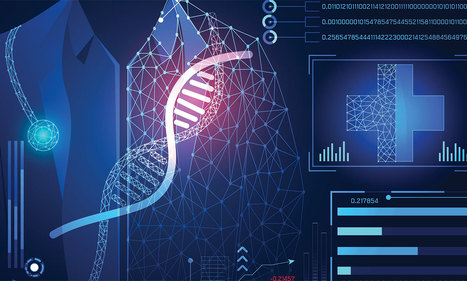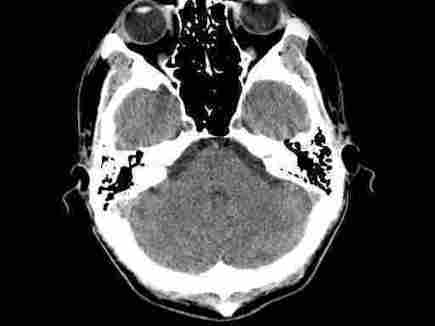Olive automates repetitive tasks and can match patients across databases at different hospitals
When Sean Lane, a former NSA operative who served five tours of duty in Afghanistan and Iraq, first entered into the health care-AI arena, he was overwhelmed with data silos, systems that don’t speak to each other, and many, many portals and screens.
“I was not going to create another screen,” Lane told a packed room on Monday at ApplySci’s annual health technology conference at the MIT Media Lab in Cambridge, Mass.
Instead, Lane and a team taught an AI system to use software that already exists in health care just like a human would use it. They named it Olive.
“Olive loves all that crappy software that health care already has,” said Lane. “Olive can look at any software program, any application for the first time she’s ever seen it, and understand how to use it.”
For example, Olive navigates electronic medical records, logs into hospital portals, creates reports, files insurance claims, and more.
Olive does so thanks to three key traits. First, using computer vision and Robotic Process Automation, or RPA, the program can interact with any software interface just as a human would, opening browsers and typing. Second, machine learning enables Olive to make decisions the way human health care workers do. The team trained Olive with historical data on how health care workers perform digital tasks, such as how to file an insurance eligibility check for a patient seeking to undergo a procedure.
Finally, Olive relies on a unique skill that Lane developed based on his work at the NSA identifying criminals across disparate government sources—the ability to match identities across databases. Just as NSA software can determine if a terrorist in the CIA database is the same as in the Homeland Security database, so Olive matches a patient across disparate databases and software, such as multiple electronic health care record programs.
Read the full article at https://spectrum.ieee.org/the-human-os/computing/software/this-healthcare-ai-loves-crappy-software



 Your new post is loading...
Your new post is loading...









I loved this article when I read it first a few days back. This kind of an approach creates so many interesting opportunities for healthcare.
Olive automates repetitive tasks and can match patients across databases at different hospitals.
Would you want to create Olive Bots? Would you like to buy Olive bots? Tell us in the comments below, or use the form to contact us.
-
Nrip